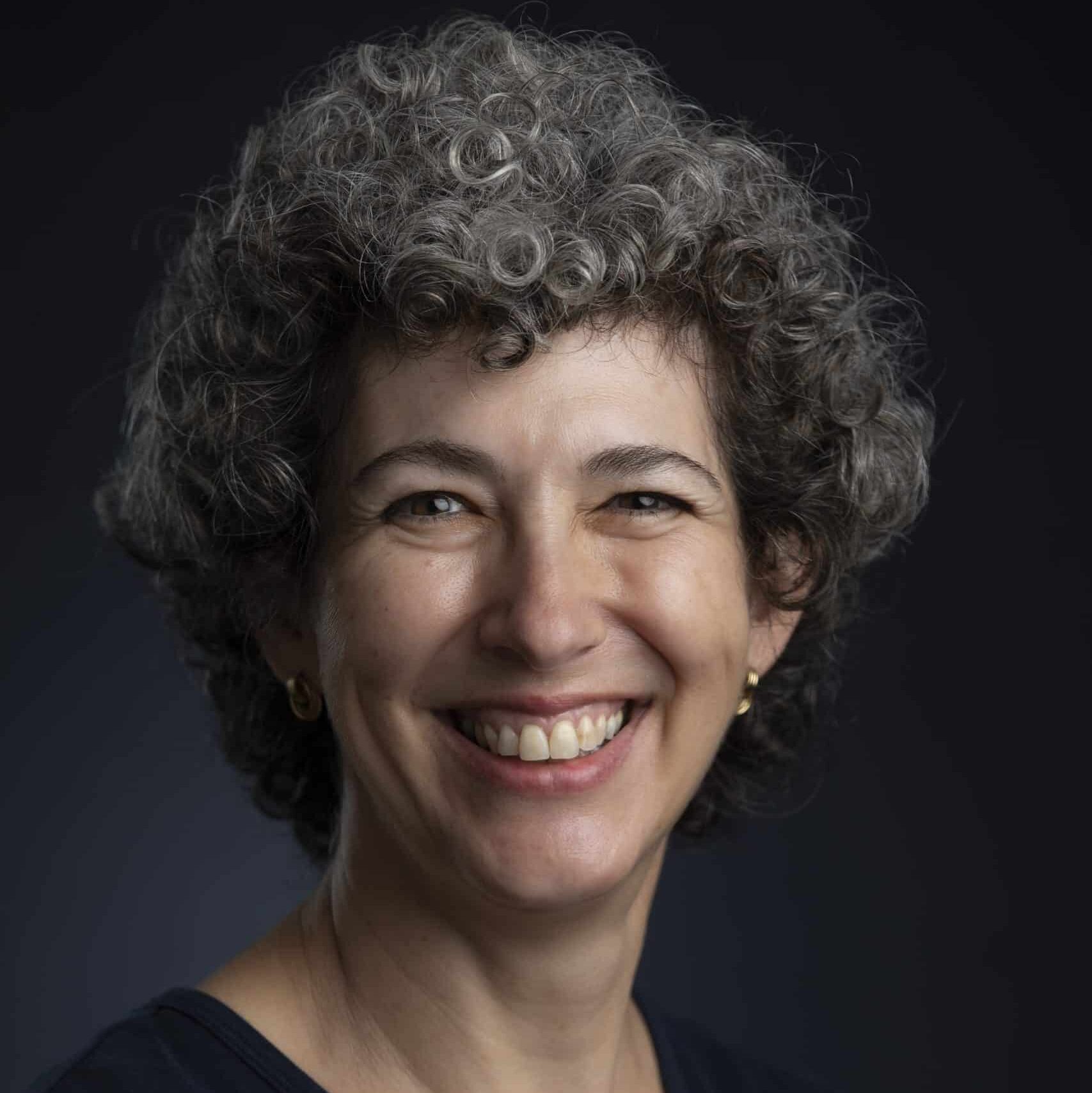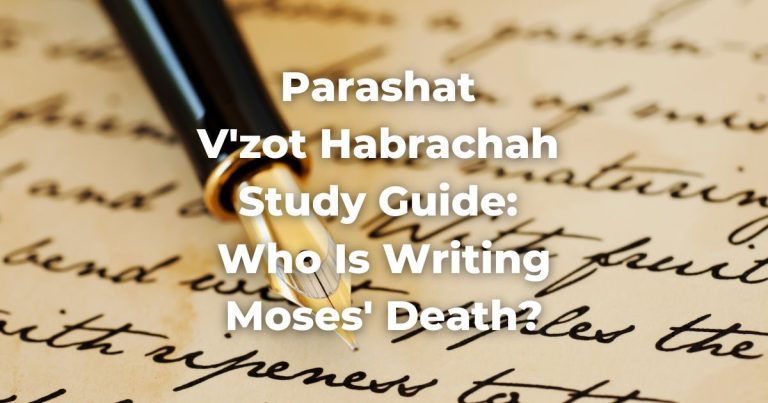Parashat Bereshit Study Guide
Text: Bereshit 2:1-3
1 And the heaven and the earth were finished, and all the host of them. 2 And on the seventh day God finished His work which He had made; and He ceased on the seventh day from all His work which He had made. 3 And God blessed the seventh day, and sanctified it; because that in it He ceased from all His work which God in creating had made.
- This section speaks of the seventh day, the Shabbat, what is the relationship of Shabbat to the rest of the creation? Is it part of the creation?
- Presumably, God does not need rest; so why does God need to cease from work? What is the value of such [in]activity?
- This text is the opening for Kiddush on Friday night. While there are several other mentions of Shabbat in the TorahRefers to the first five books of the Hebrew Bible, the Tanakh, also called the Five Books of Moses, Pentateuch or the Hebrew equivalent, Humash. This is also called the Written Torah. The term may also refer to teachings that expound on Jewish tradition. Read more (mainly the mitzvah to observe it), this text, in which humans are not mentioned, was chosen. Why might that be?
Midrash Bereshit Rabbah 2:3
R. Levi in the name of R. Yose son of R. Hanina said: Any day in which a deficiency might occur, a blessing is written there, and then it is not lacking a thing. On the fifth day birds and fish were created, and people slaughter and eat birds… a blessing was written there and then it is not lacking a thing…
- What deficiency could be associated with Shabbat causing God to promise a blessing to guarantee that it will not lack?
- Is the blessing filling the void with a replacement identical in nature to what was taken away? Are there situations in which the replacement is different in nature? What might be the benefit of replacing something with a different (rather than identical) thing?
Commentary: Radak on Bereshit 2:3
And God Blessed – A blessing is the addition of what is good. The Shabbat has the addition of the good of the soul, for the soul has a rest on this day from the occupations of this world and can occupy itself in wisdom and the word of God. God blessed it and sanctified it when he commanded the Children of Israel to cease [from work] on it and sanctify it.
- How does Radak understand the meaning of a blessing? What is the relationship of his understanding to that of MidrashThis word is used in two ways, as both a concept and a literature. As a concept, midrash is the expansive interpretation of biblical texts. The term is used to describe the practice of rabbinic interpretation. As a text, it refers to specific collections of interpretations, particularly from the third to ninth centuries in the Land of Israel and Babylonia. Plural: Midrashim
Read more Bereshit Rabbah? - What additional good is provided on Shabbat? Why do you think that Radak was careful not to suggest a physical good?
- How does the blessing and sanctity of the Shabbat manifest itself in the world according to Radak? How does it manifest itself to you? How do you make it blessed and sanctified?
See more: Parashat Bereshit
Originally posted as part of the Conservative Yeshiva at the Fuchsberg Jerusalem Center’s Torah Sparks. Support Torah learning from the Fuchsberg Jerusalem Center/Conservative Yeshiva for leaders and seekers around the world here.
Authors
-

Vered Hollander-Goldfarb teaches Tanach and Medieval Commentators at the Conservative Yeshiva and is a regular contributor to Torah Sparks, FJC’s weekly message on the weekly Torah portion. She received her M.A. in Judaic Studies and Tanach from the Bernard Revel Graduate School of Yeshiva University and studied at Bar-Ilan University and the Jewish Theological Seminary. Before making aliyah, Vered taught at Ramaz School and Stern College in New York.
View all posts -



The Fuchsberg Jerusalem Center (FJC) is a home in the heart of Jerusalem where leaders and seekers can find an authentic place in Jewish tradition to call their own. FJC offers opportunities to study, pray and explore within an egalitarian and inclusive setting, creating multiple pathways for finding personal and communal meaning.
View all posts






